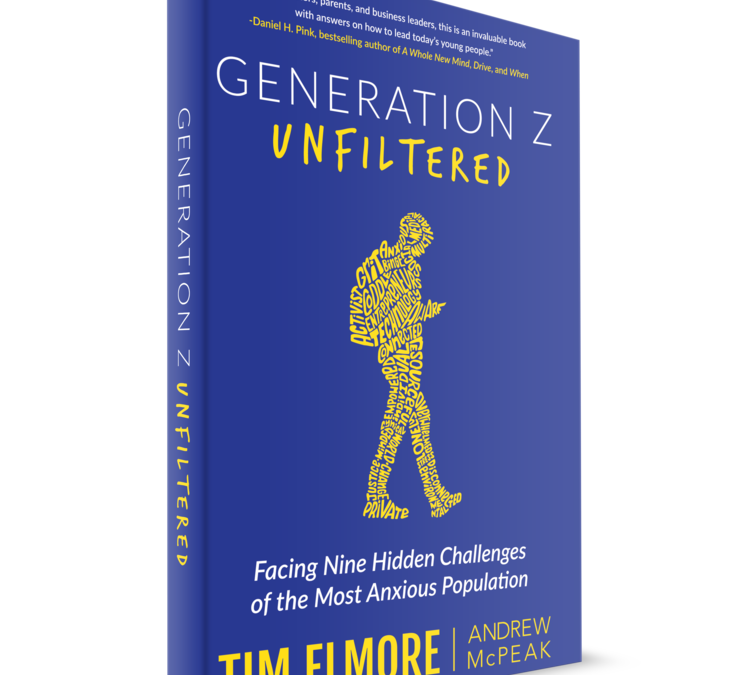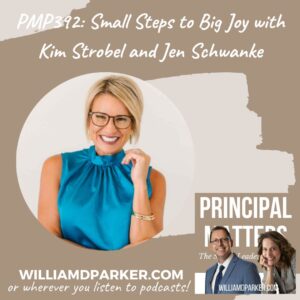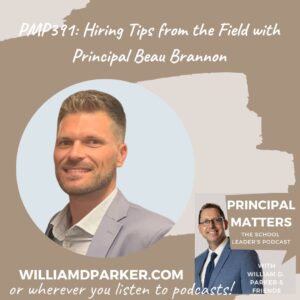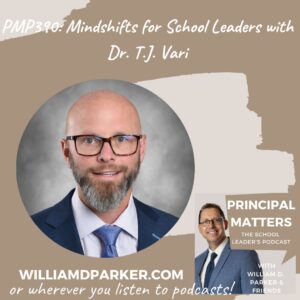Podcast: Play in new window | Download
“When is a time you have used grit, and what lesson did you learn?”
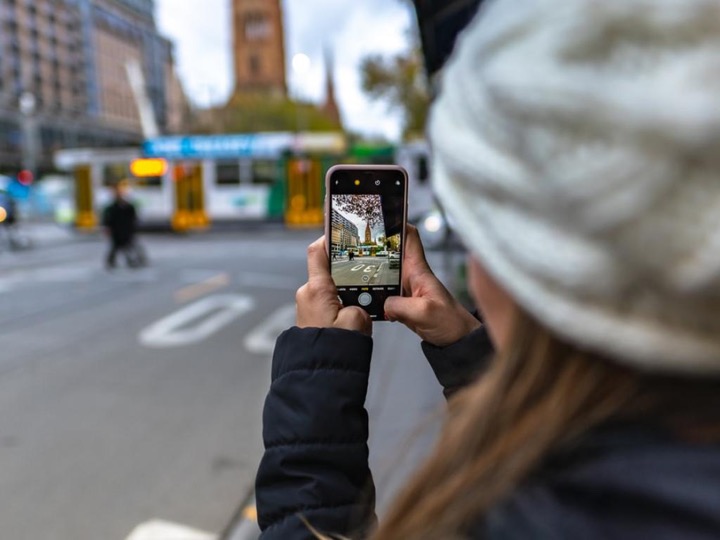
This is just one of 100 questions you find included in the Table Talk Cards that come as a bonus with the book Generation Z Unfiltered: Facing Nine Hidden Challenges of the Most Anxious Population by Dr. Tim Elmore and Andrew McPeak.
In Part 2 of our interview, Andrew McPeak and I discuss this question and more as he unpacks the nine challenges faced by today’s students, which include:
- Empowerment without Wisdom
- Stimulation without Ownership
- Privilege without Responsibility
- Involvement without Boundaries
- Individualism without Perspective
- Accessibility without Accountability
- Fluidity without Integrity
- Opportunity without Resilience
- Consumption without Reflection
- Individualism without Perspective
In the second half of this conversation, Andrew unpacks the last area in that list: Individualism without Perspective.
First, he explains how most people today are experiencing a lack of community. Even with the dawn of technology connecting us, people are spending more time alone than ever in human history. In fact, we have an epidemic of loneliness. As a result, we see two negative trends among our youth:
- Selfishness or narcissicm
- Polarization
This is not their fault, Andrew explains. Our youth have adapted to a world we’ve created for them. For instance, adults often schedule every minute for students. One solution is to create margin for students in their day like spending more time outside, taking time for reflection, engaging in unscripted play, etc.
Generation Z research is also seeing a growth of “ego-centralization”. This results in focusing more on internal than external identities. Family, school, religion, work are being replaced by hobbies, interests, gifts, experiences. Egos are being influenced then by “me” rather than “us.”
McPeak explains that social scientists describe what is happening as a “tribal switch” –a phenomenon that often happens to survivors: when someone is forced into a group, he or she will always first act to protect those in their perceived tribe, even if their actions are sometimes immoral. Instead of “flipping switches” to protect the good of all, we are prone to protect those most like ourselves first. What are some solutions?
Individualism must come with perspective. Andrew uses examples from the book The Road to Character by David Brooks, which describes Resume virtue vs. Eulogy virtues. Resume virtues are outside accomplishments that demonstrate our accomplishments. Eulogy virtues, however, are how you really want to be remembered by others; how others were influenced by you; how your life was a service to the ones you love.
He also discusses the importance of “Learning to Draw Larger Circles”: spending time knowing people unlike ourselves, instead of excluding other; finding what we have more in common with people than differences. What is the virtue that links us, not separates us? How are we more similar than different? This creates the grounds for more civility.
Go here for Part 1 of this interview and listen to both conversations to find out more. Check out the new book at GenerationZUnfiltered.com.
Now It’s Your Turn
How can we model for students the importance of having margin in their day? What ways can we rally around issues we share in common that promote school spirit and civic responsibility?
Sign-Up For Free Updates and Ebook
You can automatically receive my newest posts and a free Ebook, 8 Hats: Essential Roles for School Leaders. Let’s keep learning together!
